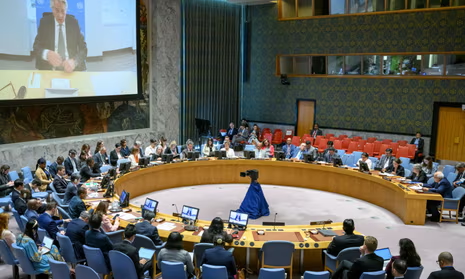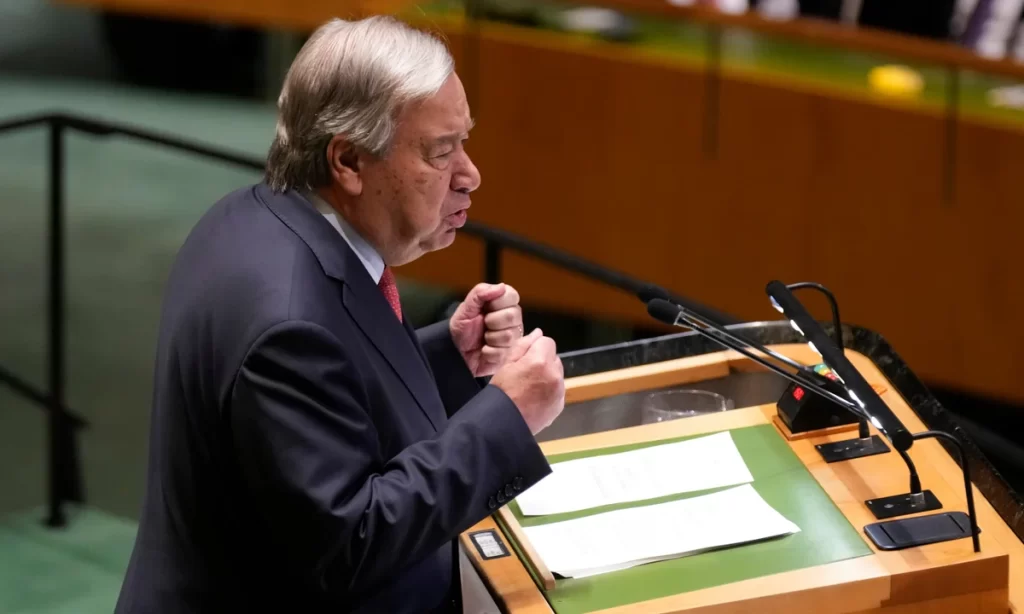French Foreign Minister Jean-Noel Barrot announced on Wednesday that significant progress has been made towards a 21-day ceasefire deal in the escalating conflict between Israel and Hezbollah in Lebanon. The announcement came during a United Nations Security Council meeting focused on the deteriorating situation in the region.
“We have made important progress in the last few hours and we will continue our efforts in the coming hours,” Barrot told reporters outside the Security Council chambers. He urged both parties to accept the proposal “without delay, in order to protect civilian populations and allow for diplomatic negotiations to begin.”

The diplomatic push comes as Israel intensified its airstrikes in Lebanon, resulting in at least 72 deaths and 223 injuries, according to Lebanese health ministry statements compiled by Reuters. The widening conflict has raised fears of a broader Middle East war, with Israel’s military chief suggesting the possibility of a ground assault.
U.S. Deputy Ambassador to the UN Robert Wood informed the council that Washington is working with other countries to prevent further escalation, facilitate the return of displaced persons, and enable discussions on a comprehensive diplomatic solution.
Israeli UN Ambassador Danny Danon expressed openness to a ceasefire, stating Israel’s preference for a diplomatic resolution. However, he emphasized that lasting peace would require addressing what Israel sees as the Iranian threat in the region.
Lebanese Prime Minister Najib Mikati called on the Security Council to pressure Israel for “an immediate ceasefire on all fronts,” expressing hope for a swift resolution.

The conflict has displaced up to half a million people in Lebanon, according to the country’s foreign minister. In Beirut, thousands of people from southern Lebanon have sought shelter in schools and other buildings.
Israeli airstrikes have targeted Hezbollah leaders and hundreds of sites deep inside Lebanon, while the militant group has launched rocket barrages into Israel. The violence has escalated rapidly, with Monday’s Israeli bombing resulting in Lebanon’s deadliest day since its 1990 civil war, killing over 550 people.
As diplomatic efforts continue, Israeli Prime Minister Benjamin Netanyahu is scheduled to address the UN General Assembly on Friday, potentially influencing the trajectory of peace negotiations.
The ongoing conflict has put pressure on the U.S. administration, which has unsuccessfully sought a ceasefire in Gaza for nearly a year. The situation has become politically costly for President Joe Biden and Vice President Kamala Harris, with increasing calls for a diplomatic solution.
As world leaders express growing concern over the rapidly escalating conflict, all eyes remain on the diplomatic efforts to secure a ceasefire and prevent further loss of life in the region.
Source: Reuters



